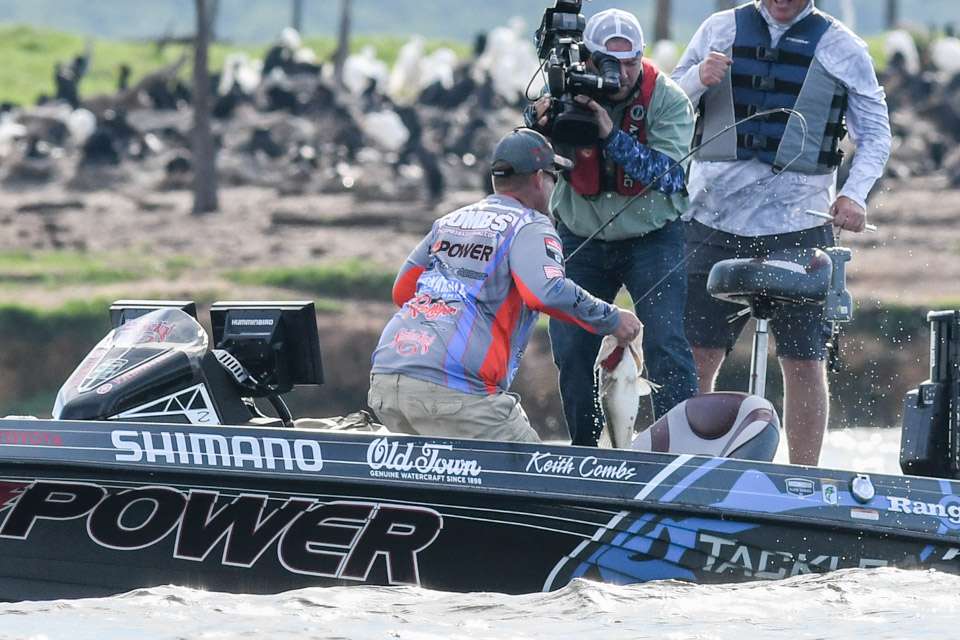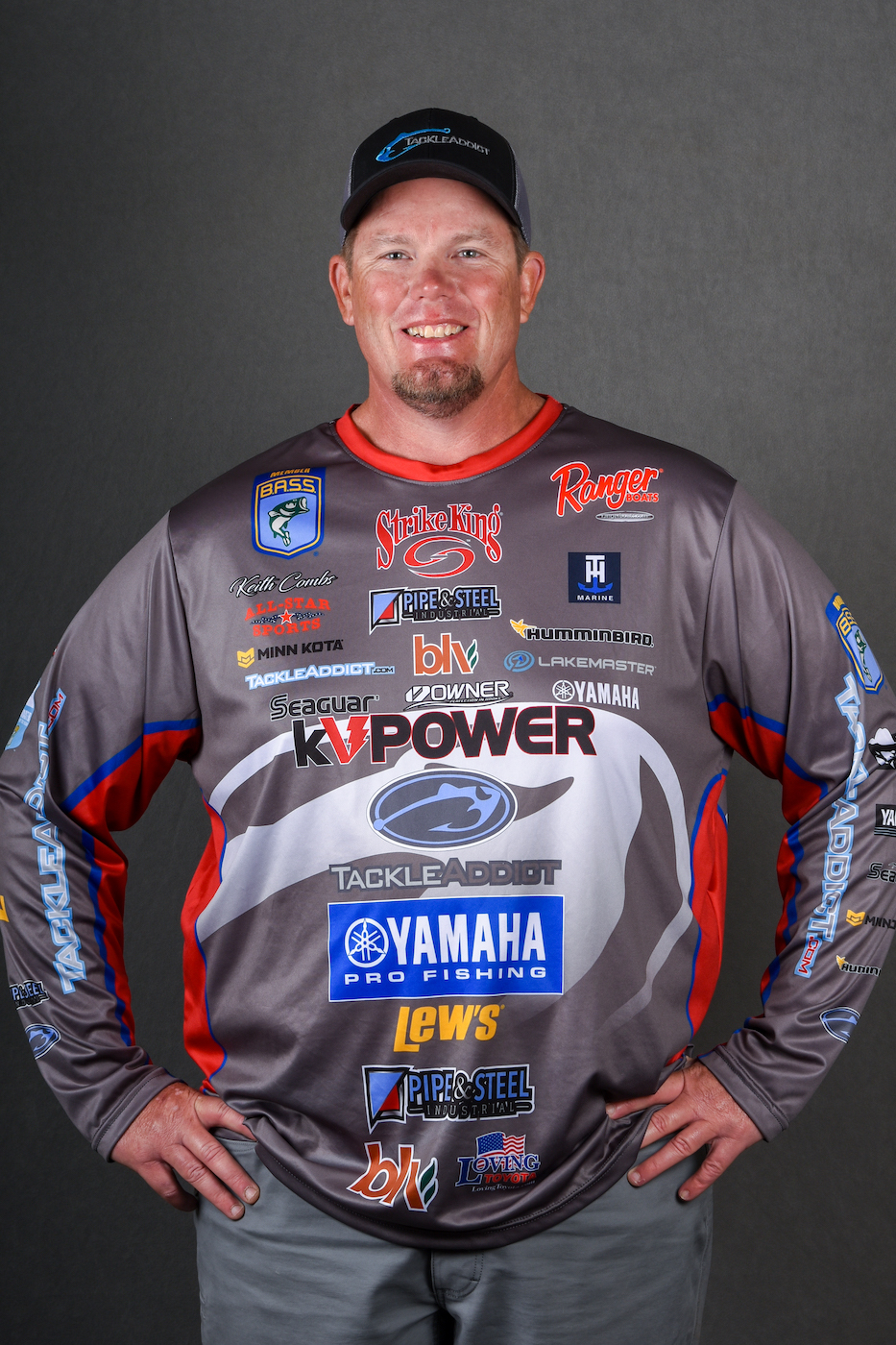
The spawn is over throughout most of the country, but there’s still plenty of time left to catch your personal best bass this year. I’ve made it a hallmark of my career to try to target the biggest fish in any system, and while I’ve grown to be competent at finesse fishing and filling out limits when necessary, I’m still most comfortable when I’m hunting for giants.
I was fortunate to spend a number of years guiding in South Texas during Falcon’s heyday, and now I live near Rayburn and Toledo Bend, so I’ve spent thousands of hours trying to dial in strategies and tools to catch big ones. I think that my experience can help you shorten the learning curve.
Whether the biggest bass in your lake is 5 pounds or 10 pounds or bigger than that, you first have to accept that big fish are different. They’re almost always more difficult to catch than the smaller ones – harder to fool and harder to land. Part of that is physical. Their bone structure gets stronger. The other part of it is life experience. I know that a lot of people think that a big bass is no smarter than a smaller one. That’s simply not true. Most of the big ones have seen it all, and they might have been caught a few times, so they’re going to learn from their mistakes. That makes them harder to catch. It’s also why everyone wants to catch them.
The first part of my strategy is to fish aggressively. That might mean throwing bigger baits, but not always. It’s more about putting the lure in their face, contacting the cover and making them react. You can still do that with a smaller lure. Remember, they’re smart and experienced, and if they have too much time to examine your offerings they’re probably going to turn them down.
Second, you better have the right hooks. Ninety eight percent of the time I use Owners, and I tend to upsize them whenever possible. Why do so many fish come unbuttoned when they jump? It’s because they’re slinging a bait around and the hook flexes and comes out. You can fix that. Whether you’re using a treble hook, a worm hook or a flipping hook, you want one that won’t flex under extreme pressure.
When you go to choose your rod, reel and line, your tendency is to want to use heavier gear. I understand that. A 10-pounder can make mincemeat of any weak link in your system. When in doubt, I tend to err on the heavy side. At the same time, it’s possible to go too far in that direction. You want your lure to be working properly. That’s what generates bites. If you overpower your lures, you’re probably detracting from their action and that’ll cost you bites.
If you’re really serious about this, you’ll want to focus heavily on low light periods. You may very well catch your personal best in the middle of the day, but the fish may be less wary early and late, when boat traffic is lighter. The obvious solution is to stay out all day. Don’t hesitate to start deep if you think that’s where the biggest ones live.
Finally, you have to understand the forage in the lake that you’re fishing and learn to pattern them. Bass tend to shift their preferences as they get older and bigger. For example, smaller bass on Falcon ate shad and crawfish, but when they got to 5 or 6 pounds, they supplemented the crawfish with tilapia. If you could understand where the tilapia lived, you’d solved half the battle. On lakes like Toledo Bend, Rayburn and Fork, the bigger fish might change over from shad to barfish, crappie and bluegill. I’ve caught lots of big fish on Rayburn around crappie piles – there’s a reason they’re there.
I was fortunate to guide on Falcon when it was in its prime. Between me and my guide customers, I probably saw 60 or 70 fish over 10 pounds come into my Ranger back then. I’ve had another 10 or so on other lakes. My personal best came during that period, a 14-pound giant that’ll be tough to top, even on these great Texas lakes.
There simply aren’t many bass that live to that age. Nevertheless, the drive to catch one bigger helps me get up and get moving in the morning. If I do end up beating it, I hope it’s in a tournament, but I’ll be happy whenever it happens. If you strategize and equip yourself properly, there’s no reason to doubt that you’ll top your own big fish.

